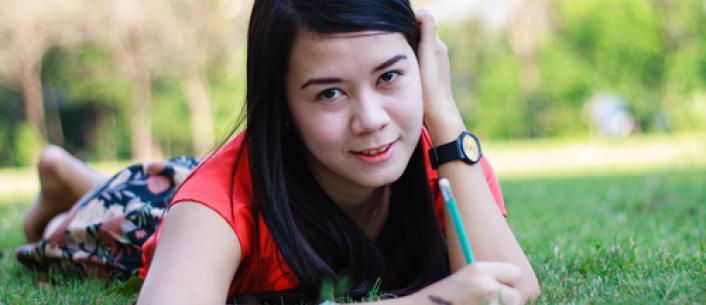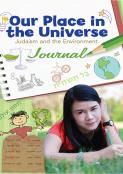- Home
- Play & Learn Home
- Online Enrichment
- Experience Modern Israel
- Israel It's Complicated
- Jewish and Me
- Jewish Holidays Jewish Values
- Jewish Values in Genesis and Jewish Values in Exodus
- Min Ha’aretz
- Our Place in the Universe
- Simply Seder
- The Prophets: Speaking Out for Justice
- Making T'filah Meaningful
- Make, Create, Celebrate
- Yom Haatzmaut Resources
- Hebrew Apps
- About The OLC
- What is the OLC?
- Introduction
- Get Started
- Resources
- OLC Content
- Parent Materials
- See My OLC Classes
- Store
How Do We Help Young Teens Consider a Complex World?
Written by Behrman House Staff, 25 of March, 2014
How do we think about and advance global human wellbeing? What factors do we have to weigh and debate? Economic progress and access to opportunities for a better life may conflict with the ability to maintain a sustainable ecosystem—what do we do about that?
These are some of the issues at the heart of recent work by The Social Progress Imperative, an initiative to reconsider how we measure success and wellbeing on a global basis. For many years, countries around the world have measured progress solely through changes in economic measures, like gross national product. The Social Progress Imperative is suggesting a new set of measures based on a society’s capacity to meet the basic needs of all its citizens. They are developing two indexes — the Social Progress Index and the Social Progress Capacity Index — that together will reveal a country’s challenges as well as what can be done to improve the enabling conditions for social entrepreneurship and innovation.
On April 3, the initiative will release its Social Progress Index for 2014 for 132 countries. How will different countries rank in areas such as basic human needs (access to clean air, water, and sanitation; access to shelter); foundations of wellbeing (access to knowledge, health and wellness, ecosystem sustainability) and Opportunity (personal rights, access to higher education, and equity/inclusion)?
How do we think about these issues as Jews? How do we help our students consider them? What kind of social justice project could your students make of the Imperative’s findings?
Our role in the world as individuals, and the choices we make each day, have an effect on the others with whom we share the planet. You can invite middle school students to explore the choices and how Judaism helps us think about them. Our new course, Our Place in the Universe: Judaism and the Environment, created by the Israel-based Galilee Foundation for Value Education, helps students age 12-14 consider for themselves how to live in a complex world where our choices make a difference.



